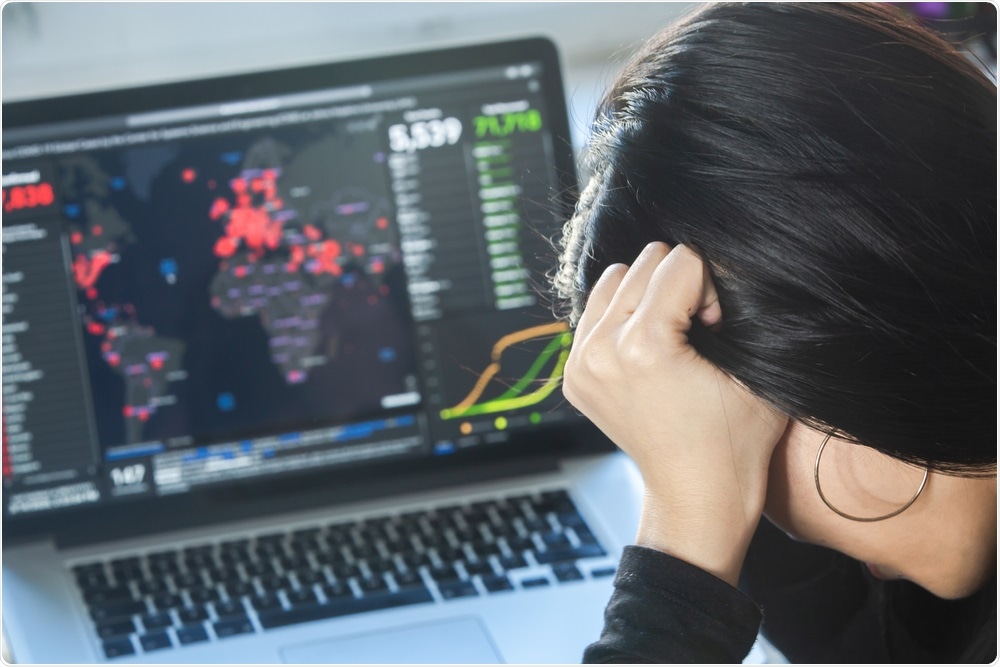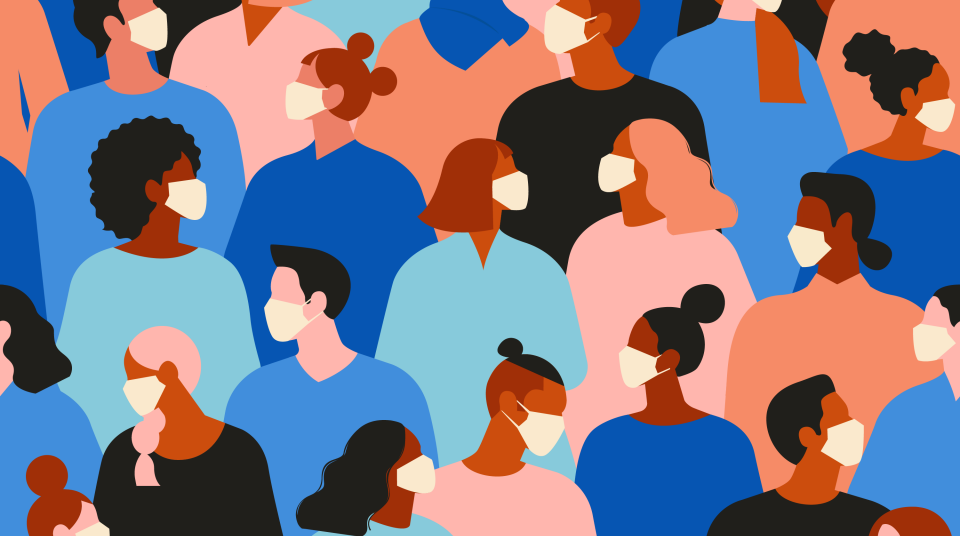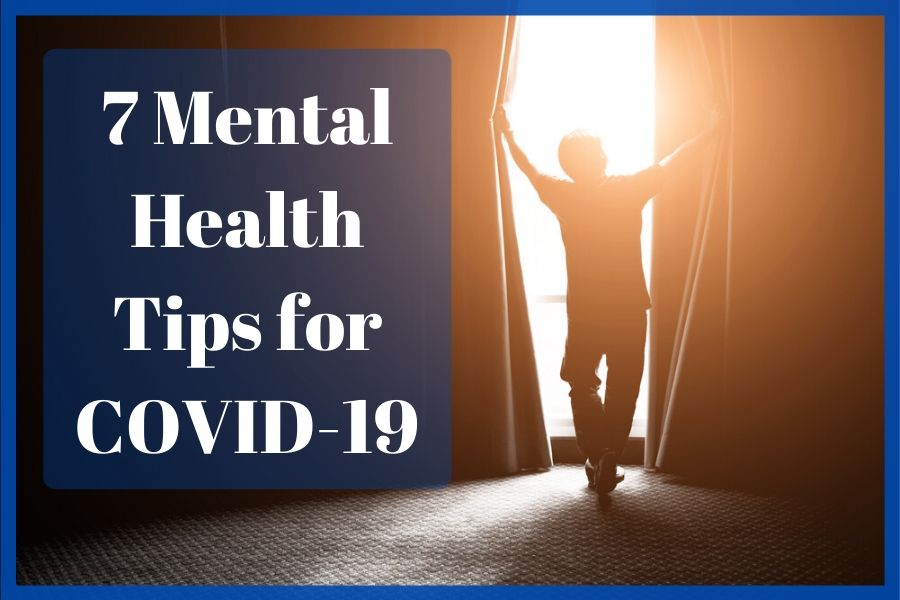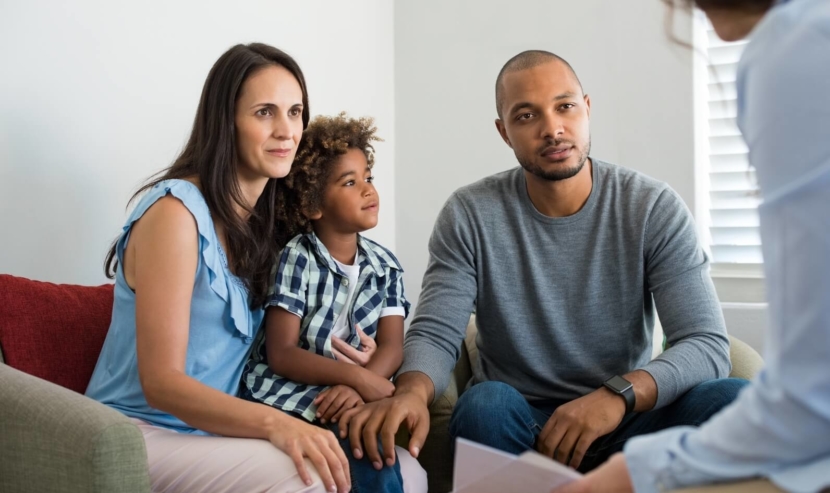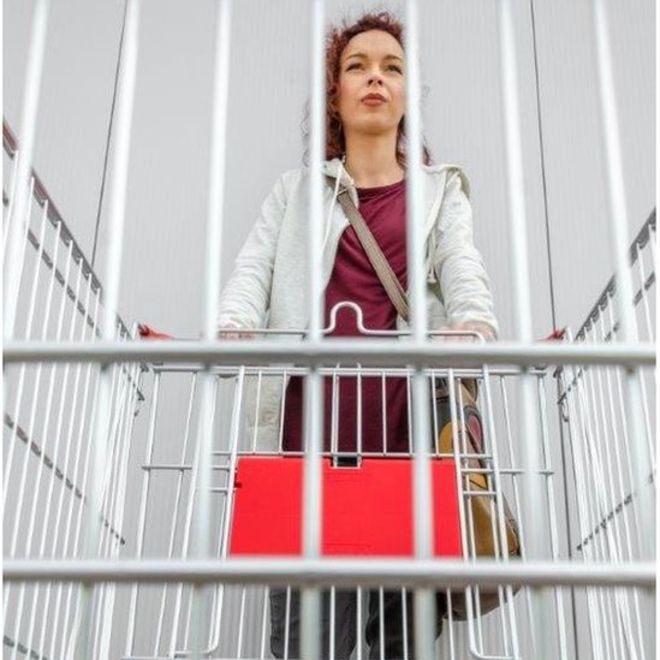Uncategorized
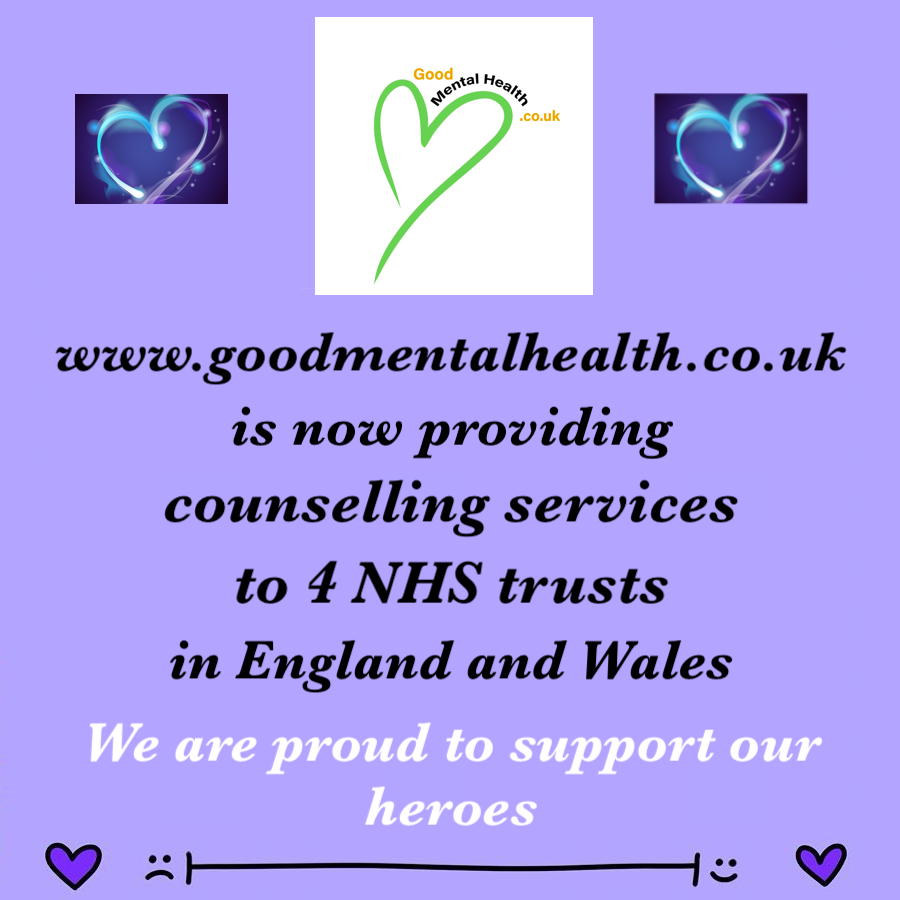

In the face of quarantine, indefinite isolation, financial uncertainty, etc, people may find themselves struggling with their mental health. There appears to be no end in sight right now and resources for mental health are experiencing a surge in demand.
Perhaps you were already struggling with your own mental health prior to the coronavirus self-isolation/social distancing/quarantine, or maybe you are recognising now that your overall well-being is starting to suffer. Either way, this is an important time to acknowledge that we are still allowed to take care of ourselves and to place importance on our own well-being and self-care.
Here are 7 Mental Health Tips for coping with Covid-19:
- Understand Your Anxiety
- Recognize the Existential Crisis
- Take Responsibility for What You Consume
- Start or Continue Practicing Mindfulness
- Take Time for Humour
- Connect with Others
- Stay Active
Of course, we want to protect our physical health and decrease our risks of catching or spreading the coronavirus. But it can be easy to neglect the impact a crisis can have on our mental health. It can profoundly change our perspective on our lives, on ourselves, and on the world that we live in.
In this post, we give mental health tips for coping during the coronavirus (COVID-19) pandemic. We start by acknowledging and understanding the problem and then offer practical changes in behaviour that can help improve your mental well-being.
Understanding Why You Are Anxious
Dealing with a crisis such as COVID-19 is a good time to understand that some of the emotions and feelings we typically associate as negative are part of our human experience. It is very appropriate and acceptable to have heightened anxiety at such a time. Where concerns around mental health come in lies in how individuals react and respond to their anxiety.

In fact, not having any anxiety at all would be very detrimental to our ability to survive as a species. As cave people, feeling anxious when we saw a predator is something that would have kept us alive. It would have triggered an automatic thought/judgement (danger) and an automatic response (fight/flight). And during COVID-19, feeling anxious is what prompts us to respond appropriately and adequately.
Anxiety helps us in many ways. Imagine going for a hike and seeing a bear run out on the trail and look right at you. Your sympathetic nervous system would kick into action and:
- Your pupils dilate (get big) so that your body can take in more information about the threat.
- Blood vessels constrict and your heart rate accelerates to pump blood to fuel your core muscles (i.e. your torso and quadriceps), giving them the energy to move. Blood that is not needed in the extremities (i.e. hands, feet, & head) is also directed toward the core of the body, which is why some people will experience a “tingling” or “pins & needles” sensation in their limbs or light-headedness.
- Breathing becomes laboured and heavy to provide oxygen to these same core muscles.
- Adrenalin is secreted to amplify the sympathetic response and boost the supply of oxygen and glucose to the brain and bodily muscles.
- Non-emergency functions within the body (i.e. digestion) are suppressed so that this energy can be directed toward managing the threat at hand.
Anxiety, however, is an uncomfortable feeling. We experience feelings through bodily sensations which are very distinct from thoughts. We know we’re happy because of the way we feel, and it’s a pleasant feeling.
Emotional regulation can become dysregulated when we start to perpetuate a cycle of craving good feelings and trying to avoid bad feelings. This is, perhaps, a way to understand the recent increase in panic shopping and hoarding behaviours. Through this behaviour, an individual is attempting to control a situation that they really have little to no control over. They are craving and chasing the pleasant feelings of being “safe” and “secure” with their newly apprehended resources.
Feelings, like thoughts, are impermanent. The more aware we are of them the more objective our response can be to them. It is ok to be anxious during a crisis and it is equally ok to enjoy particular moments during a crisis.
In Cognitive Behavioural Therapy, one of the first goals is for the client and counsellor to understand the problem. In order to do this, they will explore 5 main areas that could have changed in the client’s life either recently or historically:
- Environment / life changes / situations
- Physical Reactions
- Moods
- Behaviours
- Thoughts
So, if I were to be the client during this time, I may end up with a worksheet that looks like this:

This is a worksheet found in the Mind Over Mood Book by Dennis Greenberger. It’s a self-directed and guided workbook that may be of use to people who want to start utilising Cognitive Behavioural Therapy to improve their thoughts, emotions, and overall well-being during this time of relative isolation.
Your heightened anxiety during COVID-19 is not necessarily a pathological response or the result of “faulty wiring”. It is justified and warranted and can help you be more cautious day-to-day. Seeing a large crowd ahead of you, having thoughts that there is an increased danger associated with that crowd, and carrying out the behaviour of avoiding that crowd is anxiety keeping you safe.
How you respond to your anxiety, however, is ultimately in your control. If you’re finding that your thoughts and behaviours are affecting your overall well-being, a counsellor can help you better understand your anxiety and can help you develop more skills for how you react to the anxiety you experience so that you feel more in control.
Recognise the Existential Crisis
In the Philosophical tradition of Existentialism, it is argued that anxiety is part of the human condition and that this occurs for various reasons. In my own practice and due to my philosophical studies, I often draw upon Existential Therapy to help better understand the fundamental issues clients are dealing with.

One could argue that we are all existentialists to a degree. Humans have a unique capacity to reflect upon abstract concepts and think in terms of time and space. These capabilities have helped us thrive as a species, but they have also enabled us to reflect on our own mortality and provoke questions related to our very existence.
From an existential perspective, we experience internal conflict or ‘uneasiness’ when we become confronted with certain ‘givens’ of human existence. Dr. Irvin Yalom (Psychiatrist and Existential Therapist) describes these four givens as:
- Death
- Freedom
- Isolation
- Meaninglessness
Crises, such as COVID-19, force many people to confront some, if not all, of the challenges associated with human existence. Perhaps you are recognising that death is, by and large, outside of your control. Perhaps you feel that some of your freedoms have been taken away or that the direction of your life is currently outside of your control. You may be feeling isolated from others and the world at large and seeing your relationships suffer as a result. And, without your usual daily routine and identity associated with a job or career, you may be experiencing a sense of meaninglessness.
In order to ease some of the anxiety associated with confronting these issues, people may take to the internet to find a source of “truth” or a better way to live. The internet, however, provides a seemingly infinite amount of information. In the context of COVID-19, people can find themselves endlessly searching for an answer. For every idea that exists there exists a contradiction to it. Therefore, any attempts to find truth will often just lead to contradictions and this whole process heightens the existential crisis.
Although we may be facing certain limitations during this time, we can still celebrate many of our freedoms. Existential therapy helps clients to understand and respond to the overwhelming responsibility of creating meaning in their lives. And this responsibility can seem especially overwhelming during a time of crisis.
For an excellent resource on this topic, I recommend the book Man’s Search for Meaning by Viktor Frankl. It chronicles Viktor Frankl’s experiences as a prisoner in Nazi concentration camps during World War II and describes his psychotherapeutic method, which involves identifying a purpose in life to feel positive about and then immersively imagining that outcome.
Counsellors with existential training can help clients better understand how these existential issues impact a person’s life and can help them build their capacity to take greater responsibility for the choices in life that are always being presented to them. Through this work, a greater sense of autonomy and well-being can be experienced.
Take Responsibility for What You Consume
Unless you are a child with many decisions outside of your control, you are ultimately responsible for what you consume. And during a time like the present, it is unlikely that you aren’t already up to date. With infinite amounts of content at our fingertips, one could quite literally spend all day consuming media and other content related to COVID-19.

Consider limiting your information to a few sources you trust, such as the World Health Organisation and the governing body in your country.
It is unlikely you will miss out on any information that is already being presented by a select few major resources. Consuming large amounts of content through social media or news websites will impact (and potentially bias) what you are thinking and consequently what you are feeling.
You can consider what this COVID-19 situation would be like before the internet. While there are many advantages to the internet, connecting the globe and making information easier to access, there is a perception that one must be connected at all times, but this is not true. Try turning off your phone for a few hours (or longer if you’re feeling brave). Although it may not feel like it at all times, you do have a choice over the content you consume.
Consider downloading an older podcast relating to a subject you’re interested in that has nothing to do with a crisis. This is also a great opportunity to spend some time with yourself and to engage in something that is meaningful to you (like a hobby). Engaging in such activities can help improve your well-being and make you feel connected and engaged with life again.
Periodic updates from time to time are likely all you need. We are meant to be “socially distancing” and/or “self-isolating” as much as possible. How long this will last is currently unknown. There is little outside this scope of information that will impact your current situation.
If you are feeling or noticing that you are unable to stop engaging in activities that you feel are detrimental to your wellbeing then speaking with a counsellor may help you to create a realistic plan of action to start changing particular behaviours that are unwanted and negatively impacting you.
Start or Continue Practicing Mindfulness
Most people are experiencing a situation where they are quarantining themselves indoors as much as possible and limiting outside contact. They are working from home or off work indefinitely. To those who are on the front lines and unable to isolate, thank you, I cannot begin to imagine the stress you and your families are experiencing.

Most of us, therefore, are spending time indoors and probably experiencing an increase in boredom and rumination. Your mind and thoughts may be spiralling, and new thought patterns are developing relating to worries about your family, your health, and the world at large.
From a neuroscientific perspective, these new thought patterns are like a ski slope on a hill, except the slopes are neural pathways and the hill is your brain. The same thought is the same skier going down the same path. The more that thought is, well, “thought”, the more engrained that ski path becomes and the easier it is to ski down it (or think it). We can quickly develop unhelpful and distracting thoughts that occur over and over throughout the day.
Mindfulness practice by way of meditation can help individuals unlearn unhelpful thoughts. It does this through neuroplasticity or rewiring of the brain. It is also an opportunity to practice self-care during a time of heightened stress. It is different than other self-care activities as it forces one to be truly present with themselves, free from distractions.
A sitting meditation practice involving mindfulness helps individuals develop equanimity, which can be defined as:
a neutral response to something we experience. It is a state of awareness where we neither feel an aversion for unpleasant experiences nor craving for pleasant ones. Other ways of describing equanimity are balance, calmness and composure. The development of equanimity, or an equanimous mind as it is sometimes called, is an important part of mindfulness skills because it gives us the ability to remain less reactive and less judgmental no matter what is experienced, thereby giving us a feeling of ease, self-control and composure as we go about our daily lives.
And so during a crisis like COVID-19 where it seems unlikely, if not impossible, that we as individuals can have any direct effect on the situation, mindfulness practice is an opportunity to have a positive impact on ourselves and how we respond and react to the situations we are experiencing.
If you are completely new to meditation, a Mindfulness-Based Stress Reduction (MBSR) approach may appeal to you. There are plenty of videos on Youtube that can be used during a sit-down meditation. They are focused on increasing compassion towards ourselves, towards others, and towards the world at large. This can be a powerful time to engage in such a meditation as there is a heightened sense of unity across the world.
Some other options include apps that help introduce meditation and mindfulness practice to people with a structured progression:
A counsellor trained in a mindfulness-based modality can help clients experiencing mental health challenges to better understand why and how they can implement mindfulness practise into their lives to reduce psychological suffering.
Take Time for Humour & Laughter
Covid-19 doesn’t have to be doom and gloom 24/7. If you are subscribed to subscription services like Netflix or have access to the internet for platforms like YouTube, now is a good time to take a break and see the latest special from your favourite comedian(s).

Comedy is an example of how we as humans try to make sense of the suffering and absurdity within our world and existence. It’s an opportunity to step back and take ourselves and our lives a little less seriously. And, from an existential perspective, we deal with so many absurdities in life and the world, sometimes laughing about them is all we can do.
And while this may seem odd to do during a time with so many reasons to worry, and with so many things to take seriously, more and more data is offered on the benefits of laughing. Laughter, on the physiological level, fires up and then cools down our stress response. As a result, blood pressure and heart rates decrease and the overall result is a pleasant relaxed feeling.
Laughter can also help alleviate the physical symptoms of stress like tense and achy muscles. It does this by stimulating circulation which aids in muscle relaxation. It even releases feel-good chemicals into our brains and bodies, such as:
- endorphins
- serotonin
- dopamine
- oxytocin
Don’t be afraid to take a break and google “COVID-19 memes” and see if any of them can make you laugh. We are humans, not robots, and we cannot care and work 24/7. In order to be more efficient during the times we do work and care, we need to take seriously the time we spend in recovery and recharging.
If you do seek out counselling during this time of crisis, try and make sure the practitioner can still offer a sense of humour.
Connect with Others
Technology, the internet, and screen time often get demonised in the media. But during a pandemic situation, like COVID-19, it’s hard to imagine living our lives and coping effectively without these gadgets.

And so while it seems odd to suggest connecting with others during a time where we should really be avoiding others, I am suggesting that one use technology to stay connected in positive ways. Social distancing recommendations are to maintain physical separation, not emotional separation.
I couldn’t help but be impressed when I started hearing about how different individuals and organisations were creating resources for children during the march break quarantine.
Don’t be afraid to find virtual meetups and hangouts, to get active on a forum, or to join a new Facebook group. I would, of course, try to limit the relation it has to discussing COVID-19 and keep it more based upon joining a community of like-minded, compassionate people.
Some of the more popular ways to do this, outside of more traditional social media, are through platforms such as:
This can also be a good time to start utilizing face to face video calls either through FaceTime or Skype. Don’t be afraid to have a chat with your neighbour across the street virtually. You may not be able to meet in person, but you can still connect through technology, and it will help you feel less alone.
It’s important to recognise that we are social creatures. This doesn’t necessarily mean we need to sit down and chat with others all the time. It means we have a unique ability to cooperate in order to survive. Cooperating with others, although it can be difficult at times, is part of what makes us, well, us!
Stay Active
COVID-19 and the resulting preventative measures are taking a lot of people away from the activities they engage in to stay active and healthy. Some people are really struggling with the fact that their gyms are shutting down and are feeling lost on how to stay active.

This time away from the gym or other physically intensive activities can be a nice break for the body as it allows joints and tendons (which are often neglected) to recover and repair.
And if you have been struggling prior to COVID-19 to stay active, now is a good time to implement some small changes to get moving more.
There’s no denying that exercise has a profound impact on our brains and mental health.
There is no denying that we are meant to move, and yet we find ourselves more and more in a world that limits our movement and provides ample opportunity to be sedentary. And while there are certainly external forces impacting our mental health, being sedentary is also impacting it, but it’s something that is within our control.
Exercise, and specifically aerobic exercise, can have a profound effect on improving our brain after it has been drained from stress and anxiety. One does not have to start running marathons to leverage these benefits.
Consider going for walks outside or driving to more secluded areas to walk. If this out of the question for you, throw on a podcast and pace around your home for ten minutes several times throughout the day. It won’t feel like much while you’re doing it, but the time and benefits add up quickly.
There’s also plenty of resources available on Youtube for beginner/intermediate/advanced workout routines that can be done at home with minimal equipment. If you’ve been attached to a certain form of exercise for a while, now is a good time to try something new and you may be surprised at how challenging it is.
Getting active provides more benefits than just improving physical health, it can have a profound effect on mental health as well. Start exploring some ways that you can limit being sedentary and start moving more.
Final Thoughts
With so much uncertainty in our lives during COVID-19, it is easy to start spiralling into states of worry, panic, anxiety, and depression. We often put a lot of effort into creating certainty in our lives to help offset the anxiety experienced by living in such an uncertain world. This uncertainty is experienced profoundly during crises like COVID-19 and can negatively impact people’s well-being.
By understanding and accepting our situations, we can still put effort into changing them and how we react to them. And while there are plenty of justified and good reasons to worry during COVID-19 and the resulting changes to our daily lives, be aware that this worry is taxing on our minds and bodies. It’s important to deliberately put effort into replenishing our minds and bodies so that we are better prepared during future times of adversity. We are not robots, we are humans, and it’s important to take care of ourselves so that we can also better take care of those around us.
